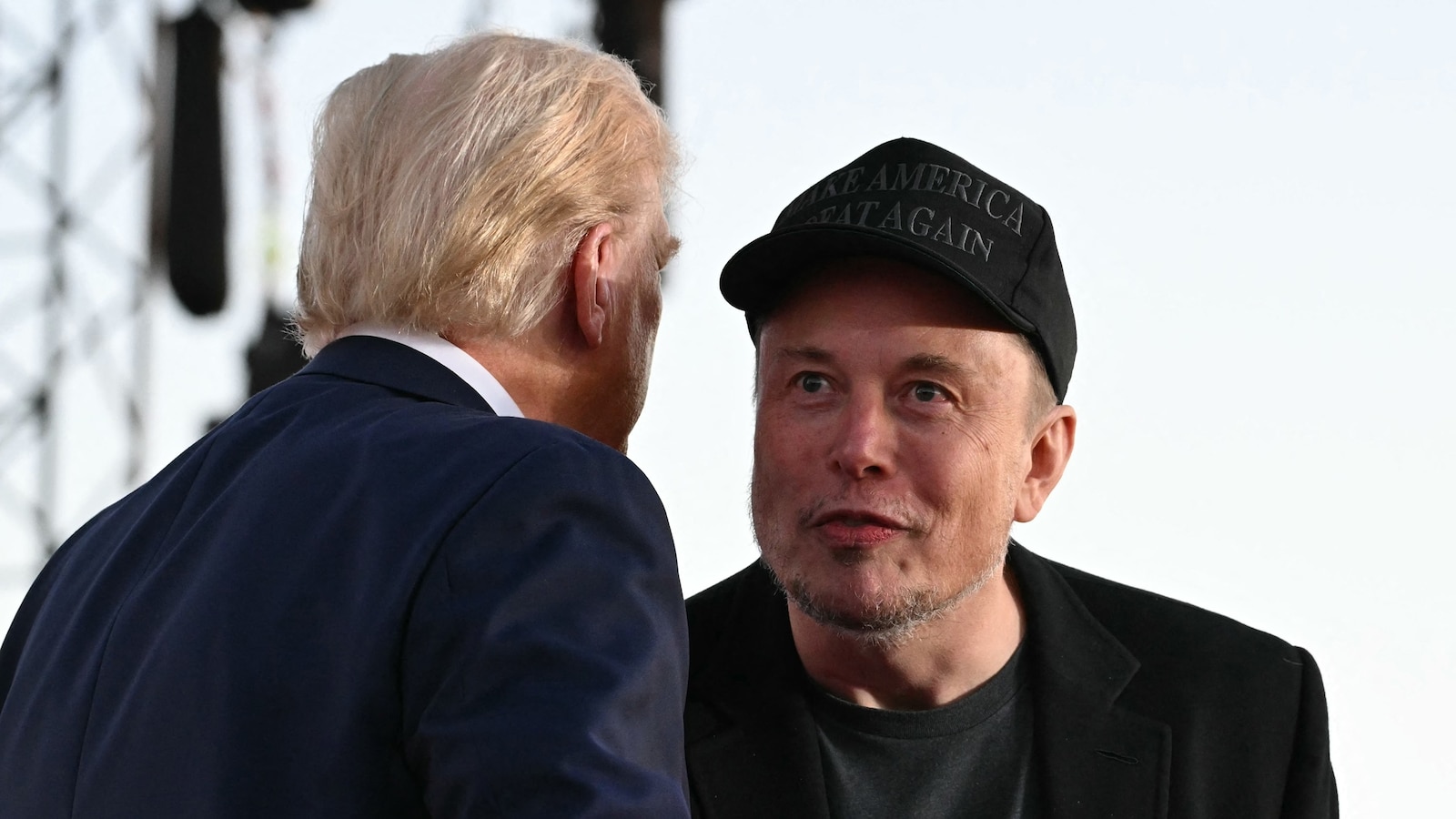Three weeks after President Donald Trump’s inauguration, the federal judiciary is beginning to rein in the president’s unilateral efforts to reshape the federal government.
On Saturday, a federal judge in New York blocked individuals associated with Elon Musk’s Department of Government Efficiency (DOGE) from accessing what effectively serves as the government’s checkbook, and on Monday a judge in Boston will consider whether to pause a sweeping buyout offer that could historically reduce the size of the federal government.
With Musk now flirting with the idea of defying court orders or targeting judges, the third branch of government might soon confront an unprecedented scenario in modern history — the president of the United States openly and willingly disobeying a court order.
While such a challenge is yet to materialize, the federal courts have a few options to enforce their orders, according to constitutional law professor Justin Levitt, who previously served as a senior policy adviser in the Biden administration.

Elon Musk joins President and Republican presidential candidate Donald Trump during a campaign rally at site of his first assassination attempt in Butler, Penn., Oct. 5, 2024.
Jim Watson/AFP via Getty Images
The first option that the courts yield is exponentially escalating fines that could not only target someone like Elon Musk but also the young employees working for DOGE.
“Those sanctions can be quick and swiftly painful,” Levitt said. “You owe me $1,000 today, double it tomorrow, double it the next day, double it again the next day, double it again the next day. Exponential curves are not kind, and that’ll start adding up to a whole bunch of real money for which a 25-year-old is going to be liable.”
While Musk — the world’s richest man — might not feel the sting of a thousand dollar fine or could financially back DOGE employees, the amount could increase quickly.
“That’s real money in a hurry and so I don’t think that even the richest man in the world can wait out defiance with a court order for any extended period of time,” Levitt said.
The next option after sanctions could include an indefinite period of incarceration until the court order is obeyed. While Trump has pardon power for criminal offenses, his pardon power does not touch civil remedies, according to Levitt.
“The sentence would be, ‘I’m going to put you in jail until you execute what I have told you to execute,'” Levitt said.
Normally Congress could exercise its authority to prevent the president overstepping his power, but the Republican majority hasn’t signaled its willingness to do such a thing, according to Levitt; instead, some Republicans are beginning to propose just the opposite.
On Saturday, Sen. Tom Cotton, R-Ark., suggested that U.S. District Judge Paul Engelmayer — who blocked DOGE’s access to the Treasury — should be forbidden from hearing any case related to the Trump administration. Meanwhile, in the House of Representatives, Rep. Darrell Issa, R-Calif., said he would introduce new legislation this week to “stop these rogue judges and allow Trump and DOGE to tell you where the government is spending your money.”

